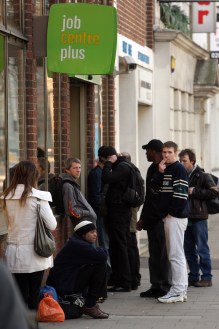Building more for less
There’s no way round this: housing in this country is in a pretty awful state. Waiting lists for the shrinking number of “affordable” or social homes are rising, while fewer people can afford to buy their own home. That would be the case even if the banks were able to lend – which they can’t because of the credit crunch. Fewer than 100,000 new homes are currently being built per year, when 200,000 – 300,000 are needed. The number of new mortgages being arranged is at its lowest level since 1975, while housing waiting lists have risen from 1 million in 2000 to 1.75 million today. The number of






